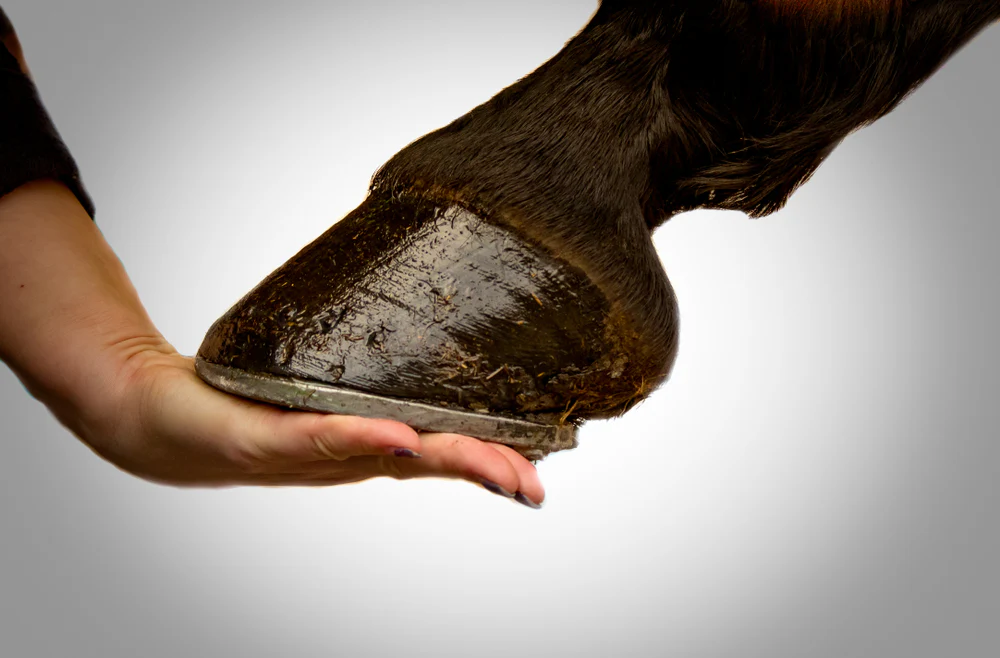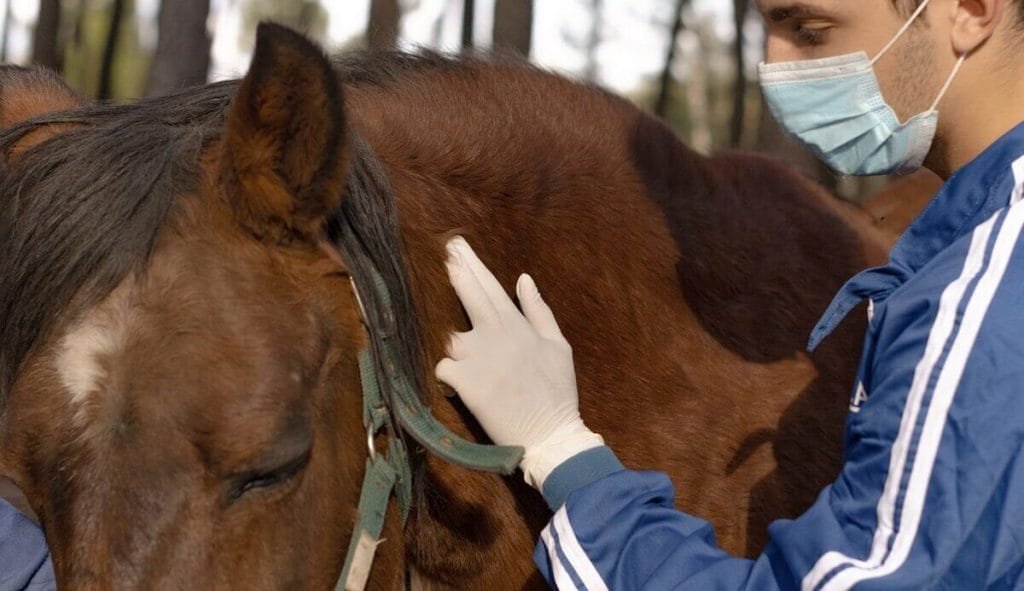Health and well-being of your horse is a crucial responsibility for any horse owner
Just like people, horses are prone to various diseases, but with the right knowledge and preventive measures, you can significantly reduce the risk of illness and keep your equine friend in top condition. This guide will walk you through essential steps for disease prevention and maintaining your horse’s health.
1. Regular Vaccinations
Vaccinations are one of the most effective ways to prevent diseases in horses. Make sure your horse receives the core vaccines recommended by veterinarians. These typically include:
- Eastern and Western Equine Encephalomyelitis (EEE/WEE): These are viral diseases that affect the brain and can be fatal.
- Tetanus: Caused by a bacterium found in soil, this disease can lead to severe muscle stiffness and can be deadly.
- West Nile Virus: This virus is transmitted by mosquitoes and can cause neurological problems.
- Influenza: Equine flu is highly contagious and can spread quickly among horses.
Consult with your veterinarian to create a vaccination schedule that suits your horse’s needs and any regional requirements.
2. Regular Deworming
Parasites can cause a variety of health issues, from weight loss to colic. Implement a deworming program based on fecal egg counts to determine the type and frequency of deworming needed. Overusing dewormers can lead to resistance, so it’s essential to use them judiciously and follow your vet’s advice.
3. Proper Nutrition
A balanced diet is crucial for maintaining your horse’s health. Ensure your horse has access to high-quality forage and a well-formulated grain or supplement mix if needed. Provide fresh, clean water at all times. Poor nutrition can lead to weight issues, poor coat condition, and susceptibility to diseases.
4. Good Hygiene Practices
Maintaining cleanliness in your horse’s environment helps prevent the spread of diseases. Regularly clean stalls, remove manure, and replace bedding to minimize exposure to bacteria and parasites. Clean water troughs and feed containers frequently to avoid contamination.
5. Routine Veterinary Check-ups
Regular veterinary visits are essential for early detection of potential health issues. Schedule annual check-ups to monitor your horse’s overall health and address any concerns before they become serious problems. Your vet will also help you stay up-to-date with vaccinations and deworming.

6. Hoof Care
Proper hoof care is critical for your horse’s overall health. Regularly check your horse’s hooves for signs of injury or infection. Work with a skilled farrier to ensure your horse’s hooves are trimmed and balanced properly. Neglecting hoof care can lead to lameness and other health issues.
7. Exercise and Mental Stimulation
Regular exercise is important for maintaining your horse’s physical health. It helps keep muscles toned, joints flexible, and overall fitness levels high. Additionally, mental stimulation through activities like trail rides, training, or interaction with other horses can prevent behavioral issues and stress-related diseases.
8. Parasite Control
In addition to deworming, controlling external parasites like flies and ticks is important. Use fly sprays, fly masks, and fly sheets as needed, and keep your horse’s living area free of standing water where insects can breed. External parasites can transmit diseases and cause discomfort.
9. Safe Housing
Ensure your horse’s living area is safe and secure. Proper fencing, shelter, and footing can help prevent injuries. Inspect the stable and paddock regularly for hazards and make necessary repairs promptly.
10. Observe Behavioral Changes
Pay attention to any changes in your horse’s behavior, appetite, or general condition. Early signs of illness can include changes in eating habits, dull coat, excessive sweating, or changes in manure. If you notice anything unusual, consult your veterinarian as soon as possible.
11. Grooming and Skin Care
Regular grooming helps to maintain your horse’s coat and skin health. Brush your horse to remove dirt, debris, and loose hair, and check for any signs of skin conditions, such as sores or infections. Regular grooming also provides an opportunity to check for injuries or abnormalities




